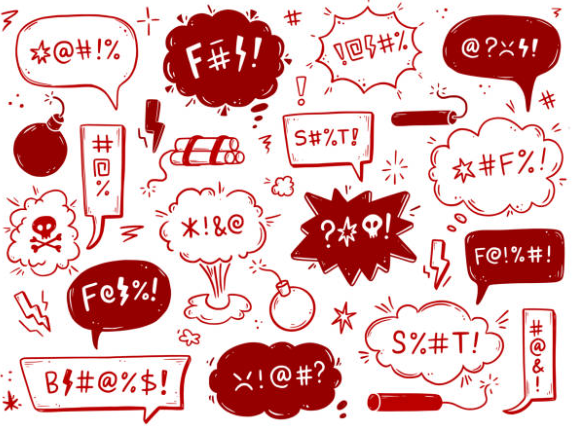
When it comes to leadership communication it is important to be aware of your communication style and how it impacts your employees.
There are four basic toxic communication styles and if you want to be a great leaders you need to avoid them at all cost:
Passive Communication: Passive communication is characterized by a lack of assertion and a tendency to avoid confrontation. This style can often be difficult to detect, as it involves avoiding expressing one’s own needs and opinions. While it may seem easier to take a passive approach, it can actually be damaging to team dynamics and productivity. As a leader, it’s important to be able to express your needs and opinions in a direct and respectful way.
Aggressive Communication: Aggressive communication is characterized by an overwhelming need to control and dominate the conversation. This style is often confrontational and can involve yelling, interrupting, and belittling others. It’s important to recognize that aggression does not equal strength or confidence; in fact, it often stems from a place of insecurity or fear. As a leader, it’s important to be aware of your own emotions and how they might be influencing your communication style. Instead of using aggression, try using assertiveness to express your needs and opinions in a respectful way.
Passive-Aggressive Communication: Passive-aggressive communication is a sneaky and insidious form of aggression that can be hard to detect. It involves expressing anger or frustration indirectly, often through sarcastic comments or passive-aggressive behavior. This style of communication is unproductive and can create a toxic environment for your team. Instead of resorting to passive-aggressive behavior, try openly expressing your feelings in a direct and respectful way. This will help you address any issues head-on and create a more positive and constructive work environment.
Arrogant Communication: Arrogant communication is characterized by a superior and haughty attitude. It involves talking down to others and acting as though you are better or more knowledgeable than them. This type of communication can be damaging to team morale and can make it difficult for others to feel valued or heard. As a leader, it’s important to approach your team with humility and respect, even if you are more experienced or knowledgeable.
Lead From Within: While it might be tempting to use toxic communication styles in order to get what you want in the short term, it’s important to recognize that these styles can be damaging in the long run.
#1 N A T I O N A L B E S T S E L L E R
The Leadership Gap
What Gets Between You and Your Greatness
After decades of coaching powerful executives around the world, Lolly Daskal has observed that leaders rise to their positions relying on a specific set of values and traits. But in time, every executive reaches a point when their performance suffers and failure persists. Very few understand why or how to prevent it.
Additional Reading you might enjoy:
- 12 Successful Leadership Principles That Never Grow Old
- A Leadership Manifesto: A Guide To Greatness
- How to Succeed as A New Leader
- 12 of The Most Common Lies Leaders Tell Themselves
- 4 Proven Reasons Why Intuitive Leaders Make Great Leaders
- The One Quality Every Leader Needs To Succeed
- The Deception Trap of Leadership
Of Lolly’s many awards and accolades, Lolly was designated a Top-50 Leadership and Management Expert by Inc. magazine. Huffington Post honored Lolly with the title of The Most Inspiring Woman in the World. Her writing has appeared in HBR, Inc.com, Fast Company (Ask The Expert), Huffington Post, and Psychology Today, and others. Her newest book, The Leadership Gap: What Gets Between You and Your Greatness has become a national bestseller.
